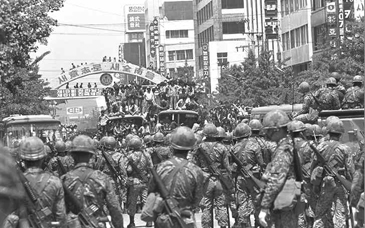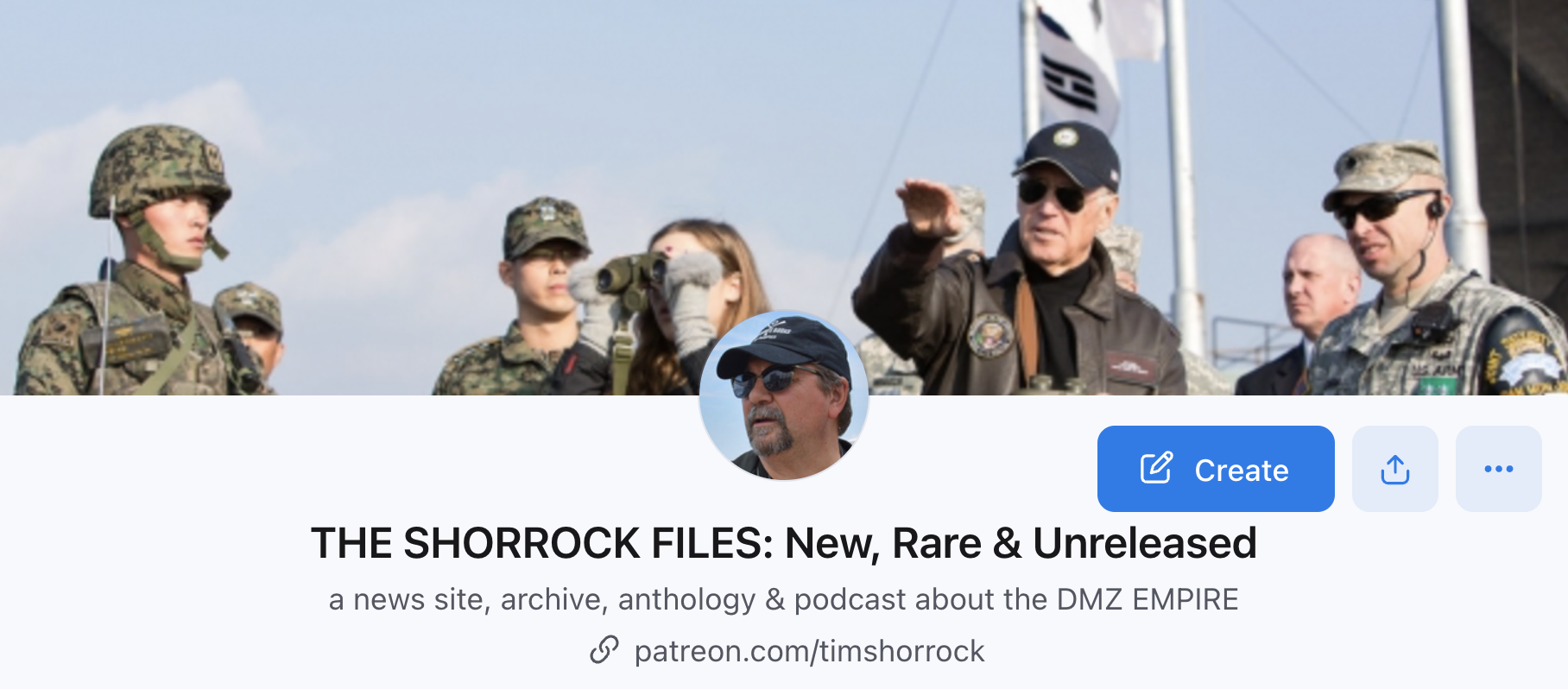Today marks the 27th anniversary of the Kwangju Uprising in South Korea. On May 18, 1980, students, workers and citizens of the southwestern city of Kwangju took up arms after Special Forces under the command of Lt. Gen. Chun Doo Hwan massacred several hundred people peacefully protesting Chun’s declaration of martial law the night before.
What happened over the next few days was a turning point in the Korean movement for democracy and unification, and forever altered the relationship between the United States and South Korea. Today let’s pause to remember those brave souls who shed their blood that day and reflect on the terrible mistakes made by the Democratic administration of President Jimmy Carter for the sake of US national security.
Kwangju helps us remember that the Cold War had its costs, and that “victory” can be a double-edged sword. Posted here is my original story from The Journal of Commerce, based on 4,000 documents obtained under the Freedom of Information Act, which showed for the first time that the US played a significant background role in the 1980 coup. The story was published in February, 1996, on the eve of the trial for murder and treason of Chun Doo Hwan and Roh Tae Woo, his co-conspirator. Both were convicted and spent time in jail before being pardoned by former President Kim Dae Jung, the dissident they almost executed and whose arrest was one of the triggers for the uprising.

